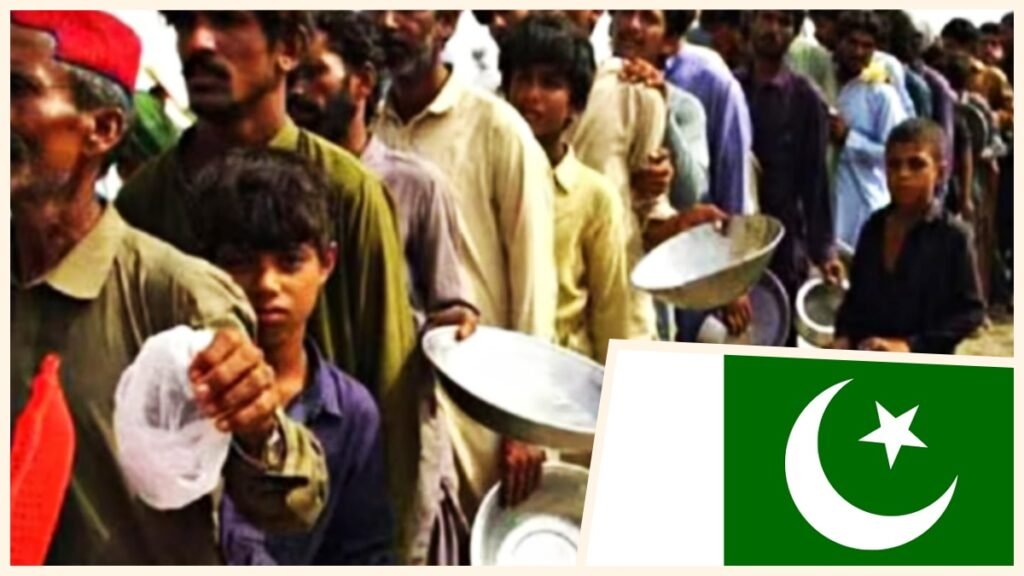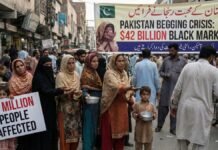
New Delhi: Pakistan is grappling with a severe economic crisis that has pushed millions of people into poverty and caused the prices of essential commodities to skyrocket. According to the latest data released by the Pakistan Bureau of Statistics (PBS) on Saturday, Pakistan’s weekly inflation has risen by 38.66 percent year-on-year, mainly due to the hike in petroleum products.
The PBS data shows that the inflation based on the sensitive price index, which tracks 51 essential items from 50 markets in 17 cities of the country, has increased by 0.93 percent compared to the previous week. The data reveals that out of 51 items, prices of 22 items increased, prices of 11 items decreased and prices of 18 items remained unchanged during the week. The items that saw an increase in prices included chicken, onion, garlic, petrol, and diesel, while the items that saw a decrease in prices included sugar, banana, tomato, wheat flour, cooking oil, and tea.
Meanwhile, the World Bank has expressed concern over the deteriorating situation in Pakistan and warned that the poverty rate in Pakistan has jumped to 39.4 percent in the last fiscal year. The World Bank said that due to the poor economic performance, more than 12.5 million people have fallen below the poverty line and the country needs to take urgent steps to restore financial stability. According to the World Bank, poverty in Pakistan has risen from 34.2 percent to 39.4 percent within a year, affecting about 95 million Pakistanis who now live on less than US$3.65 per day. The World Bank also said that Pakistan faces multiple challenges such as low growth, high inflation, fiscal imbalances, weak institutions, and governance issues.

The World Bank suggested that Pakistan should implement structural reforms to improve its competitiveness, diversify its exports, enhance its tax revenue, strengthen its social protection systems, and invest in human capital. The World Bank also urged Pakistan to cooperate with the International Monetary Fund (IMF) to complete its ongoing program and secure further financial assistance. Pakistan has been facing difficulties in meeting the IMF’s conditions for its $6-billion bailout package that was approved in 2019. The IMF has asked Pakistan to increase its electricity tariffs, reduce its subsidies, broaden its tax base, and tighten its monetary policy. However, these measures have also contributed to the high inflation and public discontent in the country.






















































